7. Spider-Man: Far from Home (2019)
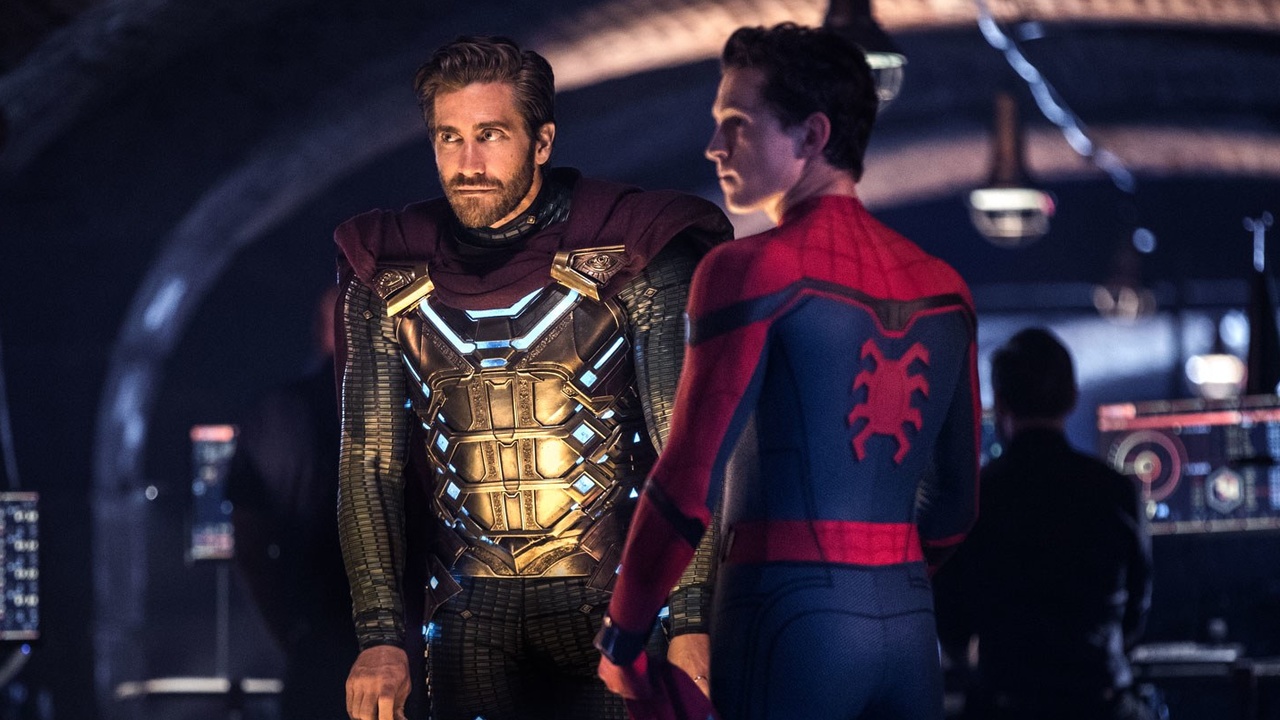
Introducing Spider-Man as a piece of the larger MCU puzzle opened up a lot of intriguing possibilities and thematic threads to explore. So far, the figure of Iron Man has loomed large over his standalone features: “Homecoming” set him up as Peter’s mentor and de-facto father figure while each of his first two main foes were revealed as disgruntled Stark employees. For many fans, this new character dynamic was a blast of fresh air—others in turn took issue on Spider-Man’s abrupt transition from scrappy teenager from Queens who barely manages to pay rent to a glorified Avengers’ sidekick that inherits high-tech resources from Tony Stark’s multibillion empire.
Though it almost inched up another spot or two on this list solely on the strength of its mind-bending action set pieces, “Far from Home” draws its primary weight less from its titular hero’s character development and more from the aftershocks of “Avengers: Endgame”. As such, it feels less like an actual Spidey adventure than a strong caper to Marvel’s Phase 3 at large. Fortunately, Jake Gyllenhaal makes a strong impression as Mysterio, while the film wisely gives extra screen time to a host of key supporting players including Zendaya’s M.J.
6. Spider-Man: Homecoming (2017)
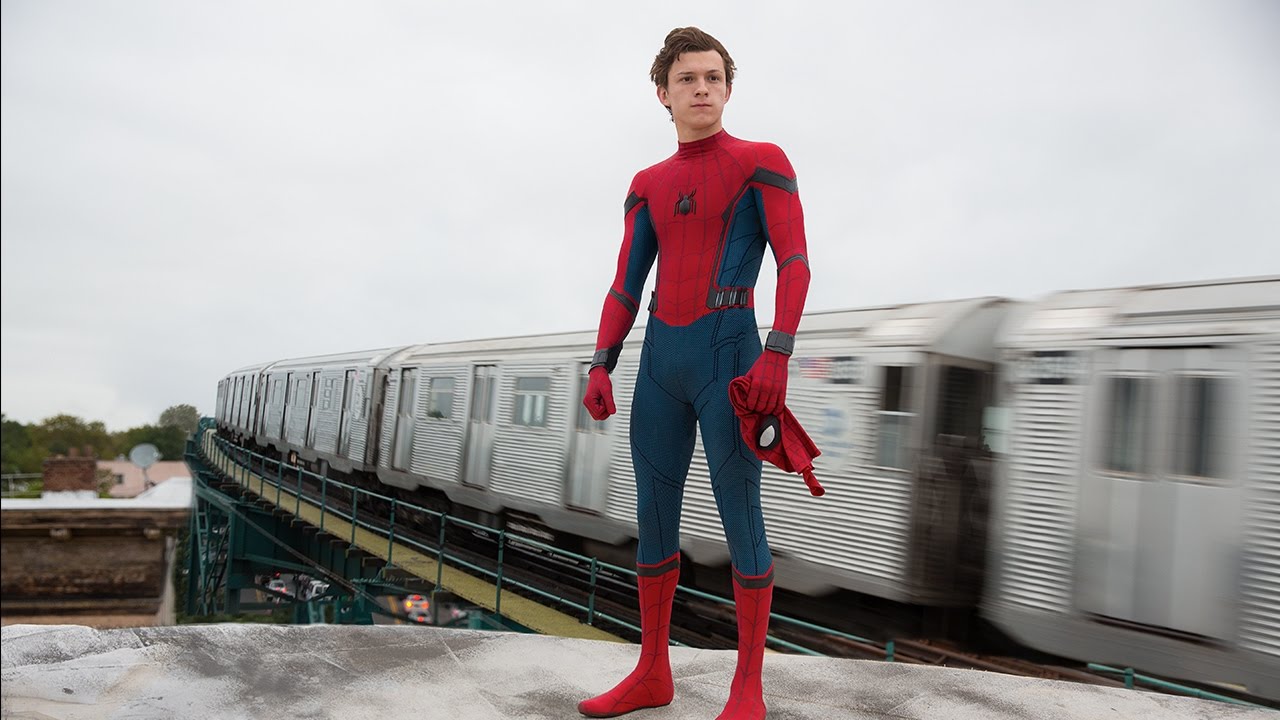
By the time the third Spider-Man reboot in 15 years rolled out, perhaps the wisest decision the head honchos at Sony and Marvel Studios could have come up with was to skip over Peter’s oh-so-familiar origin story altogether and cut straight to the chase.
With two lesser sequels and 6 years of hindsight, it could be argued that the biggest virtue of Tom Holland’s first solo outing in the MCU is that, despite taking place in an interconnected universe prone to franchise-building and world-shattering catastrophes, it allows the 15-year-old wallcrawler to simply do ‘friendly neighborhood’ stuff and figure things out just as any ordinary high school student his age does. Much like in “Far from Home”, Spider-Man’s over-reliance on Tony Stark undermines part of his hero’s journey, but director John Watts manages to capture Peter’s inner turmoil better than in any of his sequels. Bonus points go to the always-reliable Michael Keaton, who sleepwalked to a big payday as villain-of-the-week Adrian Toomes a.k.a. Vulture.
5. Spider-Man 3 (2007)
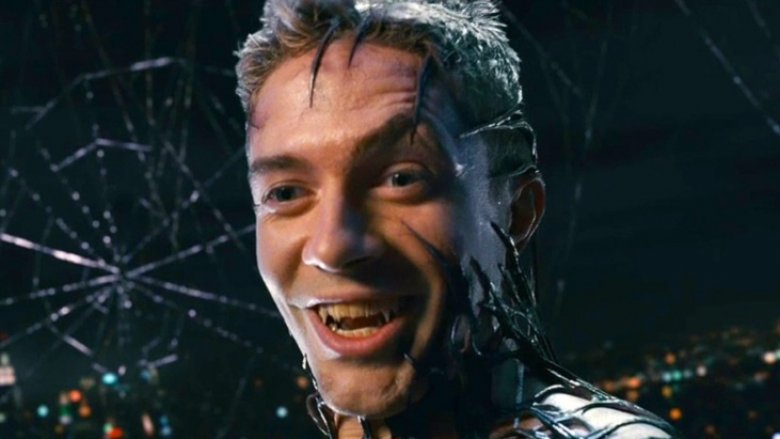
The third installment in Raimi’s trilogy is a bloated finale that’s a far cry from the series’ best and a textbook example of subtraction by addition. Where its predecessors struck a perfect balance between Raimi’s tongue-in-cheek wit and the hero’s natural pathos, “Spider-Man 3” crumbled under the weight of introducing too many villains while tying up every loose end.
Contrary to what the Internet may lead you to believe, it is neither an irredeemable low point in superhero cinema nor a misunderstood masterpiece worthy of reappraisal. The reality is, of course, somewhere in between those two extremes. Whether you find emo Tobey Maguire’s sidewalk dance cringeworthy or side-splittingly funny, the point remains: “Spider-Man 3” is a memorable film. Sure, it has many flaws brought about by studio demands (looking at you, Topher Grace). Dig a little deeper, though, and you’ll find a big heart beating beneath its cheesy surface that addresses our hero’s self-doubt, arrogance, repressed guilt, and capacity to forgive by having him hit rock bottom. Somewhere in the multiverse, there’s a finer version of “Spider-Man 3” where Avi Arad stays on the sidelines and lets Raimi cook. For the time being, we have a silly, unwieldy, and rewatchable movie. Sometimes, that is enough.
4. Spider-Man: Across the Spider-Verse (2023)
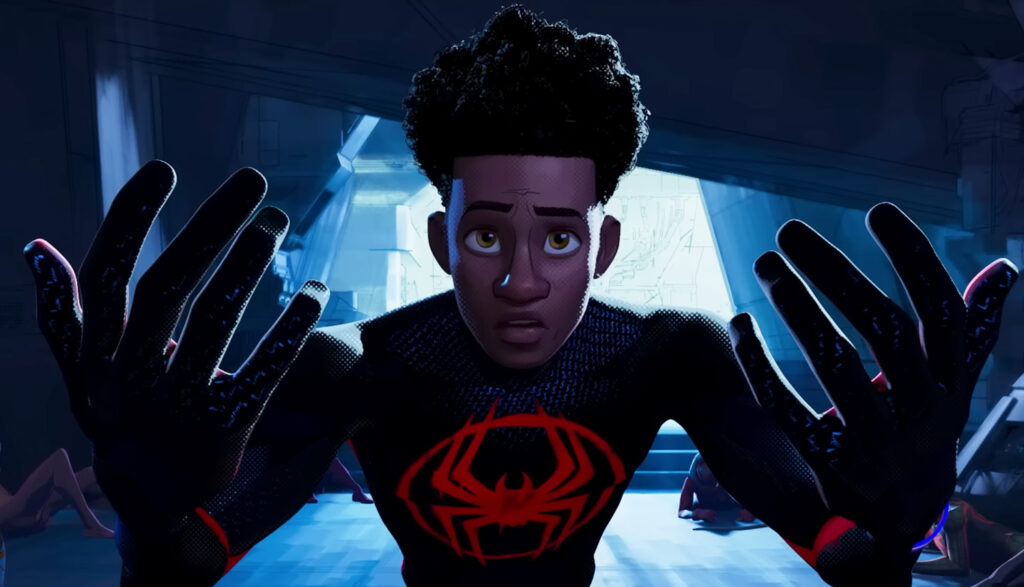
When it came out of nowhere and burst into our screens in 2018, “Into the Spider-Verse” set an almighty high bar to cross as the crown jewel of superhero cinema by delivering a cure for Marvel fatigue that reshaped the animation industry with cutting-edge visuals and a disarmingly irreverent style.
With that in mind, though it would have been almost impossible to live up to the original, the sequel has all the personality, humor, and visual bravado that made that film so special. Picking up right where it left off, the story follows Afro-Latino Brooklynite Miles Morales and Gwen Stacy who team up with a cohort of Spider-people from parallel universes to save the day against a new multidimensional threat. Though teeming with blink-it-and-you-missed-it easter eggs and references left in for the hardcore crowd to presumably go ballistic, “Spider-Verse” triumphs by rooting all its multi-verse shenanigans in conflicts that feel emotionally involving on a deep level. That by itself edges it past any of Webb and Watts’ movies, even if by widening the scope the film sacrifices some beats of downtime and ends up feeling exactly like the middle chapter of an unfinished trilogy.
3. Spider-Man (2002)
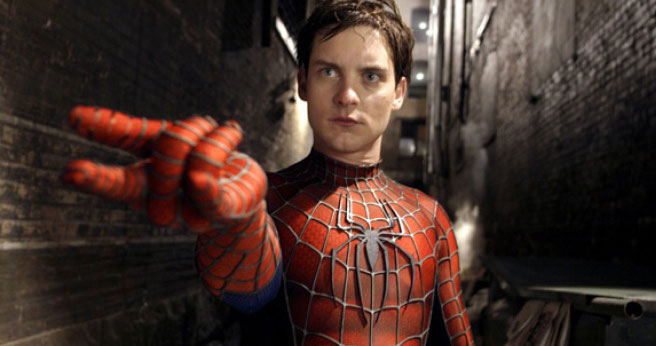
Tobey Maguire’s first tenure donning the red-and-blue spandex was a watershed moment in comic book cinema and pop-culture at large that simultaneously set a new bar for franchise blockbusters and laid the groundwork for the current superhero craze that’s completely taken over Hollywood in recent years.
Staying largely faithful to Stan Lee and Steve Ditko’s classic text (natural fiber webs notwithstanding), the 2002s “Spider-Man” is a fully-realized and self-contained origin story that grounds its action thrills in compelling human drama. Tobey Maguire taps into the original appeal of the character by actually bringing an everyman quality to his Peter Parker; Willem Dafoe chews up the scenery as disgraced Oscorp CEO-turned-raging psychopath and JK Simmons—arguably the single greatest casting choice in Marvel history—steals the show as short-fused newspaper editor J. Jonah Jameson. Especially in our post-Nolan cinema landscape where gloomy self-reflexivity has become the norm (see: Zack Snyder), Raimi’s ultra-sincere camp is a reassuring feature, not a bug.
2. Spider-Man 2 (2004)
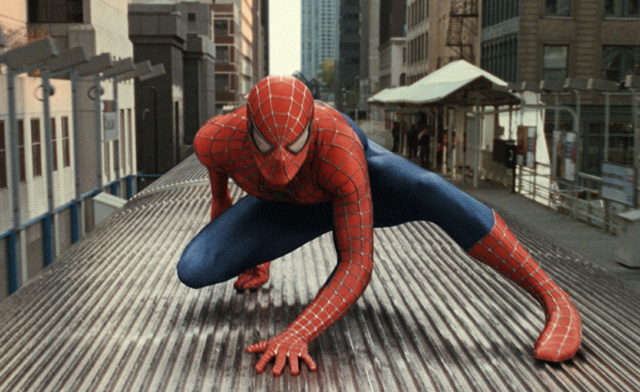
No film has captured the core tenet at the crux of Peter Parker’s essential appeal than Sam Raimi’s franchise midpoint. A strong contender for the best Marvel movie ever, “Spider-Man 2” builds upon the foundation of its predecessor and improves almost every aspect of it while still managing to stand on its own merits.
The film understands that with great power comes great responsibility, illustrating the fundamental dilemma that defines the character Stan Lee envisioned 60 years ago: at once an awkward, fallible and relatable teenager who can’t catch a break but will still consciously make the choice to do what’s right and use his gifts for the greater good even if that means giving up the things he wants the most. Throughout “Spider-Man 2”, Peter achieves the poignant self-realization that pursuing a normal life would be a selfish act, especially in the wake of carnage left by Alfred Molina’s Doc Ock—perhaps the most compelling foe in Spidey’s rogue gallery. Both the spine-tingling hospital scene and climactic train fight set piece hold up extremely well and truly elevate this classic into the top echelon of superhero films.
1. Spider-Man: Into the Spider-Verse (2018)
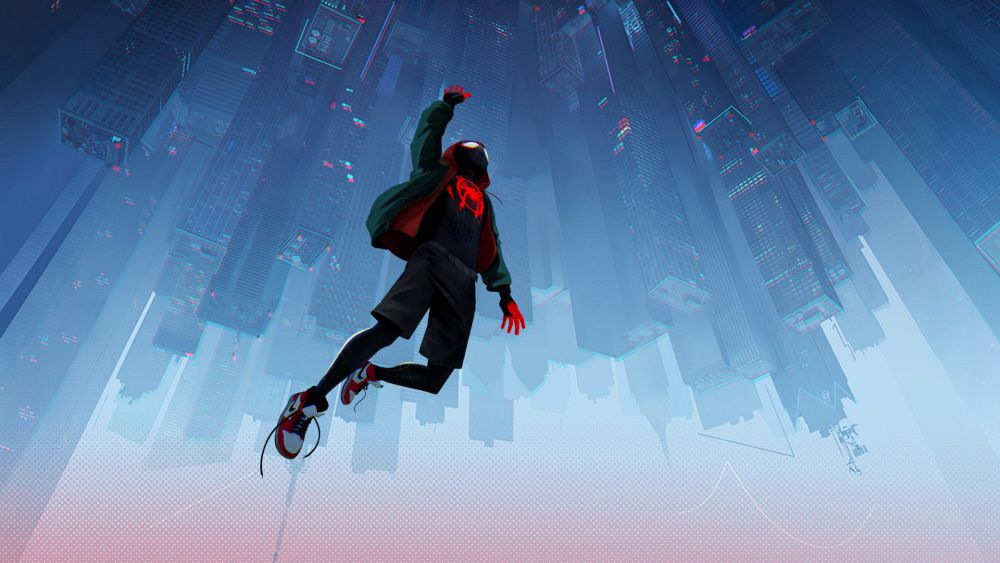
“What if it doesn’t fit?”
“It always fits. Eventually.”
The notion that there’s a hero in all of us is a major through line in “Into the Spider-Verse”, Christopher Miller and Phil Lord’s invigorating new spin on Miles Morales’ origin story. At once in tune with the larger Spider-Man mythology while being unlike anything that came before it, “Spider-Verse” sees the 14-year-old webslinger take the hero’s mantle and go toe-to-toe with Kingpin—a big, chunky baddie who ruptures the space-time continuum and unwittingly transports a sundry group of Spider-people to this dimension.
All of this may sound like boilerplate genre mumbo jumbo, except the film uses it as a baseline to steer the franchise into territory that openly rejects well-trod comic-book tropes yet embraces its classical roots. From the pitch-perfect soundtrack to a stunning animation style that matches the feel of flipping through pages of an old Ditko comic strip and a line-up of characters that pop off the screen with personality, the creative team’s affection for the source material is apparent throughout. It’s no wonder then, why “Spider-Verse” would remind audiences why they care about these stories in the first place better than any soulless $200M corporate monolith ever could.